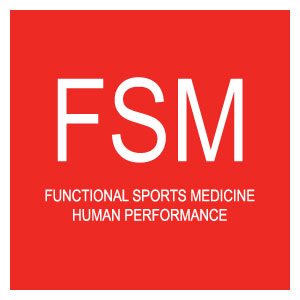Professional athletes constantly push their bodies to the limit, seeking that extra edge to outperform their competition. Functional Sports Medicine (FSM) offers a personalized, data-driven approach to enhance performance and recovery. At the heart of FSM lies biomarker testing, which provides valuable insights into the athlete’s internal health. This article explores how biomarkers play a crucial role in optimizing athletic success through FSM.
What is Functional Sports Medicine?
Functional Sports Medicine differs from traditional sports medicine in that it focuses on treating the whole athlete, not just symptoms of injury. FSM looks at nutrition, genetics, and lifestyle to create a personalized plan aimed at improving overall performance. Biomarker testing is an integral part of FSM, helping to uncover underlying imbalances that may impact an athlete’s ability to train, recover, or compete at peak levels.
Key Biomarkers for Athletic Performance
- Testosterone: A key hormone for muscle growth and recovery, testosterone levels indicate an athlete’s ability to build strength and repair muscles after intense training.
- Cortisol: Known as the stress hormone, cortisol levels can indicate overtraining or chronic stress, both of which can negatively affect performance.
- Inflammation Markers (CRP, IL-6): Elevated levels of these markers can signal inflammation, a key factor in recovery time and injury risk.
How Biomarkers Help Optimize Training
By regularly tracking these biomarkers, athletes can adjust their training regimens to ensure optimal performance. For example, low testosterone may indicate the need for more recovery time or nutritional changes. Elevated cortisol may suggest that stress management strategies are necessary to avoid burnout.
Case Study: Improved Performance Through Biomarker Testing
Take the example of an elite marathon runner who struggled with fatigue and inconsistent race results. Biomarker analysis revealed elevated cortisol and low testosterone, leading to a personalized recovery and nutrition plan. After six months, the athlete saw a 10% improvement in race times, reduced injury rates, and increased energy levels.
Conclusion
Biomarker tracking is a powerful tool in Functional Sports Medicine, providing professional athletes with data-driven insights to enhance their performance. By understanding the body’s internal processes, athletes can optimize their training and recovery, ensuring long-term success on and off the field.




